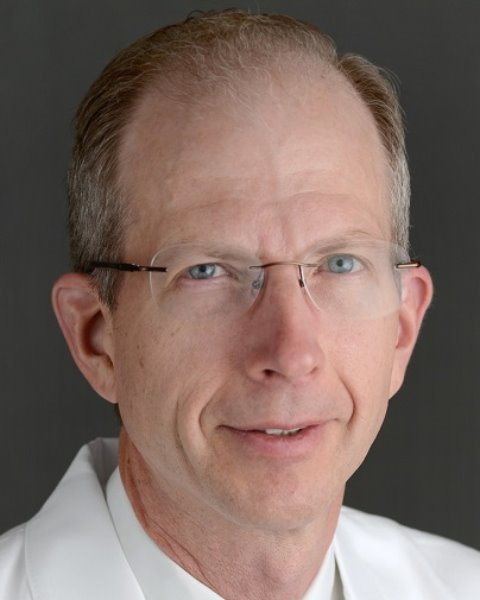Upper Gastrointestinal (lips to ileocecal valve, including esophagus and stomach)
P71: Surgical Decision Making in Locally Advanced Esophageal Adenocarcinoma

Jonathan C. Salo, MD (he/him/his)
Surgical Oncologist
Levine Cancer Institute
Charlotte, North Carolina, United States
Van C. Sanderfer, MD
Resident
Atrium Health
Charlotte, North Carolina, United States- AH
Alexis Holland, MD
Resident
Atrium Health, United States - ED
Erin Donahue, PhD
Senior Biostatistician
Levine Cancer Institute, United States - RS
Reilly Shea, CCRP
Oncology Research Coordinator
Levine Cancer Institute
Charlotte, North Carolina, United States - RS
Reilly Shea, CCRP
Oncology Research Coordinator
Levine Cancer Institute
Charlotte, North Carolina, United States - ES
Ella Schwarzen, n/a
Summer Intern
Levine Cancer Institute, United States - NM
Nicholas Mullis, n/a
Summer Intern
Levine Cancer Institute, United States - SB
Sophia Bellavia, n/a
Summer Intern
Levine Cancer Institute, United States - KK
Kunal Kadakia, MD
Medical Oncologist
Levine Cancer Institute, United States 
Jonathan C. Salo, MD (he/him/his)
Surgical Oncologist
Levine Cancer Institute
Charlotte, North Carolina, United States
Poster Presenter(s)
Author(s)
Submitter(s)
Author(s)
Author(s)
Methods: The association of perioperative mortality with age and skeletal muscle gauge (SMG) was estimated using a group of 290 patients undergoing esophagectomy for cancer between 2010 and 2022. CT scans were analyzed to calculate SMG as the product of skeletal muscle area and skeletal muscle density of abdominal wall at L3. Logistic regression was used to evaluate the association of age and SMG with 90-day surgical mortality. Patients were classified based on their predicted probability of 90-day mortality into low and high risk groups, where high risk was defined as the highest-risk 25% of patients. This model was then applied to the study cohort of patients with ACA. Log-rank tests were used to compare overall survival by treatment (CRT vs CRT+S) in the high risk and low risk groups.
Results: Of 316 patients with locally-advanced ACA treated with CRT, 254 subsequently underwent surgery (CRT+S). 90-day post operative mortality in the CRT+S group was 5.1%. 74 patients were categorized as high-risk and 242 as low-risk. Among low-risk patients, 213 (88.0%) were treated with surgery (CRT+S) and had a significantly longer overall survival compared to CRT (p < 0.0001), with median survival of 40.6mo (95% CI 32.3, 55.5) in the CRT+S group and 17.3mo (95% CI 13.3, 36.4) in the CRT group. Among 74 high risk patients, 41 (55.4%) were treated with surgery. We did not find a difference in overall survival between the surgical group (CRT+S) and the group treated with CRT alone (p = 0.34). The median survival was 27.4mo (95% CI 15.8, 32.9) in the CRT group compared to 23.0mo (95% CI 14.7, 54.4) in the CRT+S group.
Conclusions:
Our retrospective study demonstrated that for low-risk patients with adenocarcinoma of the esophagus, there is a survival benefit to the addition of surgery. Conversely, we failed to detect a survival benefit to the addition of surgery in the highest-risk quartile of patients. Measurement of body composition may help identify a high-risk subset of patients with locally-advanced adenocarcinoma of the esophagus who may benefit from forgoing surgery after chemoradiation.
Learning Objectives:
- Upon completion, participant will be able to…describe the measurement of skeletal muscle gauge and at what level of the CT scan it is calculated from
- Upon completion, participant will be able to… identify the potential benefits of undergoing esophagectomy in the lowest risk patients.
- Upon completion, participant will be able to…identify the potential benefits of foregoing esophagectomy in high risk patient groups based on age and skeletal muscle gauge.
